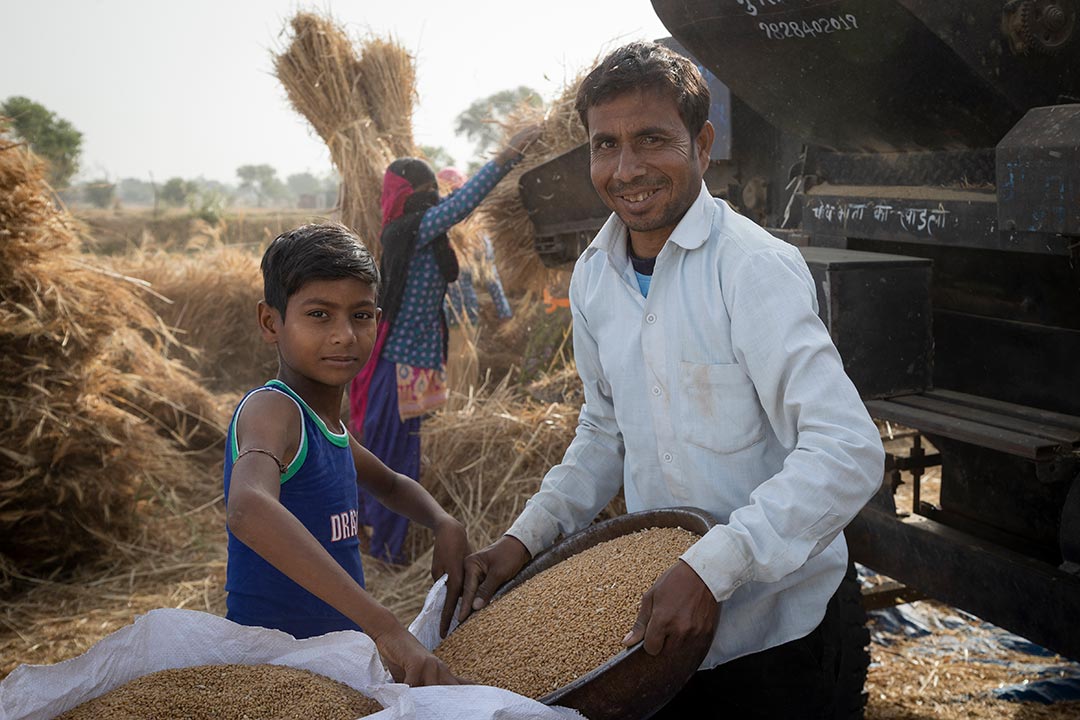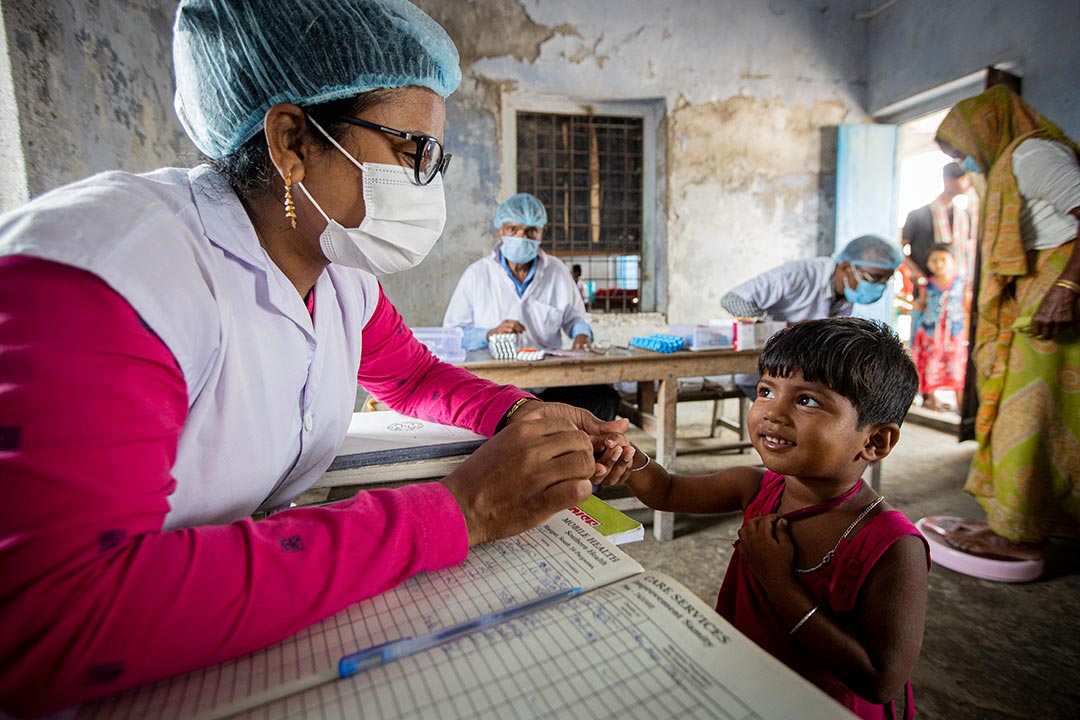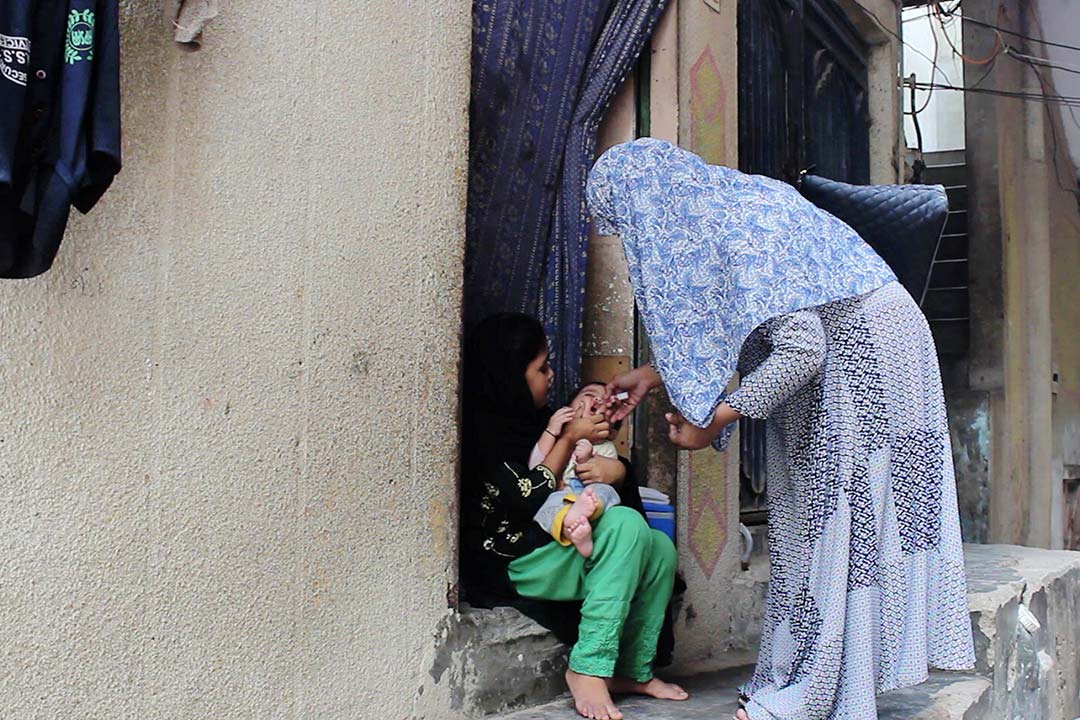How digitisation is ensuring no child is left behind
A technology NGO is replacing paper vaccination records with simple, cost-effective technical solutions in the Gambia and Uganda.
- 13 June 2022
- 4 min read
- by Angela Wipperman
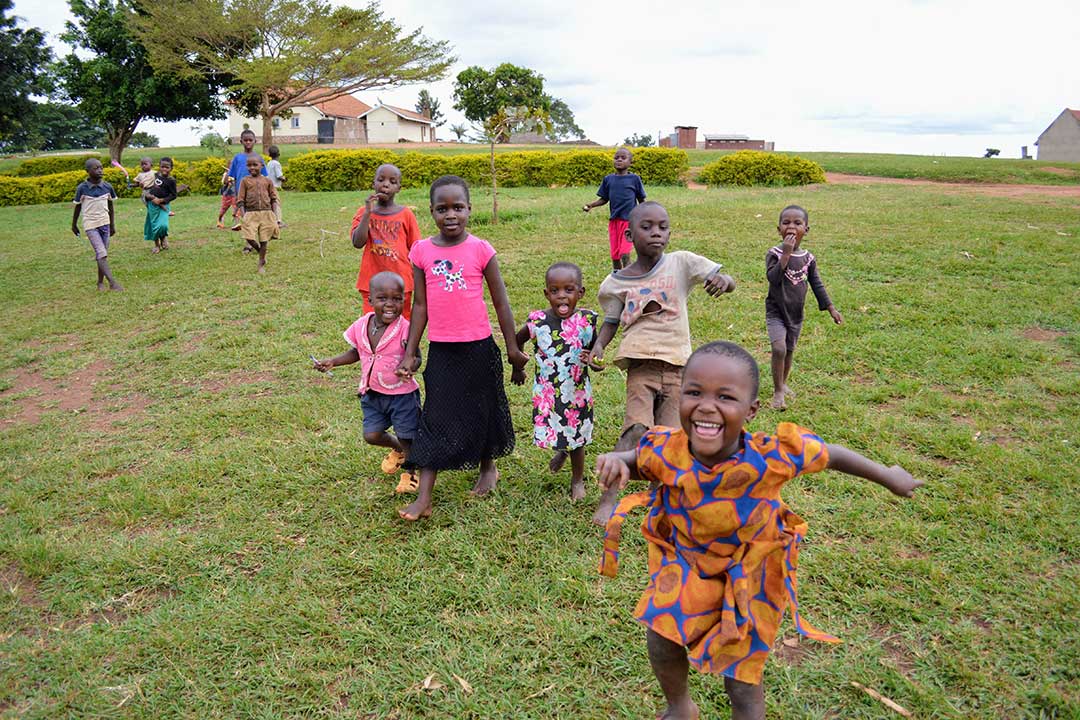
When health workers must deliver vital vaccines to hundreds of children a day, it’s easy for some to fall through the cracks. This is what technology NGO Shifo is trying to avoid, using cost-effective technology to revolutionise health information systems.
“We knew COVID-19 would require vaccinations to be given more than once, and we would need to keep people informed and track vaccine delivery. Relying on manual data entry from paper records would have a huge cost[...] We worked with Shifo to define the problem, and find resources to digitise the process.”
Digitising systems in the Gambia
Traditionally, local health workers in the Gambia have used paper forms to track vaccination programmes.
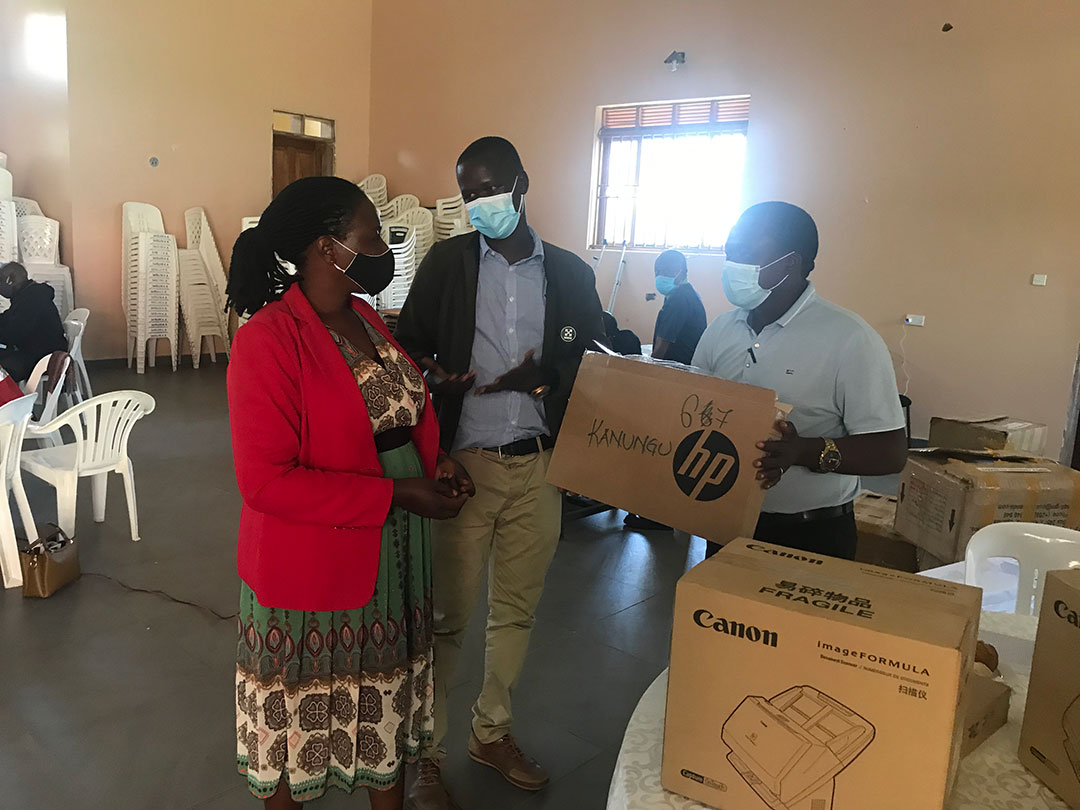
Mbye Njie, Senior Disease Surveillance Officer and Deputy Programme Manager for the Expanded Programme for Immunisation at the Ministry of Health in The Gambia, explains the challenges of this system: “Local health workers would use registers and tally books stored at the health facility level. At the end of each month, local workers would sit down together and compile a monthly analysis. It would take a day or two to compile this data, and left so much room for error.”
But in regions with poor internet and IT infrastructure, how do you switch to a digital solution? Shifo came up with a hybrid approach – smart paper technology, or SPT. Local health workers still complete paper forms, but far fewer than before. The forms are taken to a regional scanning station, where Shifo’s software reads the written notes and uploads them to a central system.
Accurate data helps track lost patients
It’s this improved data collection and – just as importantly – data accuracy that is so vital for vaccination programmes.
Rustam Nabi, Director at Shifo, says: “The system checks that whatever is collected is accurate. It’s not enough to know ‘x’ number of children have been vaccinated: we need to know which children. Organisations like Gavi can use this data in a meaningful way. They can assign resources for improving outcomes.”
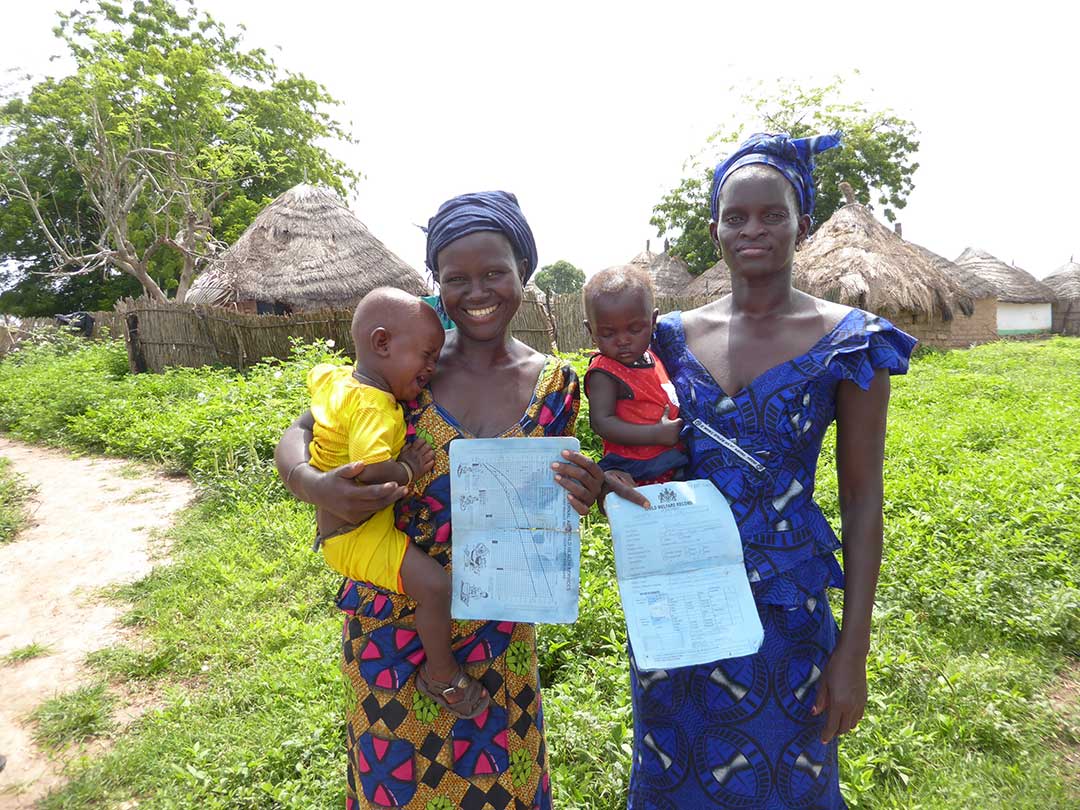
For example, Shifo’s system produces lists of children who have not arrived for a planned vaccination. This empowers local health workers to contact and support families, and allows ministries and other funders to see which regions are facing the biggest challenges with vaccine rollouts.
The improvements in the Gambia, says Njie, have been clear.
“SPT has reduced the time spent by health workers looking through records, compiling data by hand. They can now spend this time doing more vaccinations, talking with mothers and starting new health initiatives. It’s better for patients.”
Have you read?
Outbreaks become more manageable with digital systems
In Uganda, the power of the system was seen during COVID-19, when around 32 million people needed vaccinations and certificates. Dr Driwale Alfred, Assistant Commissioner in charge of vaccines at the Ugandan Ministry of Health, explains:
“We knew COVID-19 would require vaccinations to be given more than once, and we would need to keep people informed and track vaccine delivery. Relying on manual data entry from paper records would have a huge cost – around US $4 million. We worked with Shifo to define the problem, and find resources to digitise the process.”
The partnership paid off – a pilot in one region showed a vaccination success rate of 99%. The Ministry of Health is now scaling up the SPT system for routine vaccinations, as well as other primary health care services, around the country.
Innovation needs investment
None of this would have been possible, says Nabi, without the support of Gavi. Shifo was selected in 2016 for Gavi’s innovation platform, INFUSE, which scales up tried and tested innovations to improve vaccine coverage.
“Gavi wants to innovate, and we think it’s so important that Gavi keeps playing this role. We have a hope that health systems of low-income countries can improve, and we’ve seen that happen with SPT. But it wouldn’t have without Gavi support through the INFUSE programme.”
Shifo’s systems are already being used in eight countries, but it is keen to share the technology everywhere it could bring benefit. Ultimately, it’s about improving the lives of the millions of people who are at risk of missing out on vaccinations.
As Alfred says: “We cannot know if an area is fully vaccinated if you don’t know who has dropped out, and if you have no mechanism to follow them up. Clear, accurate vaccination data will help us achieve our objectives.”
More from Angela Wipperman
Recommended for you






